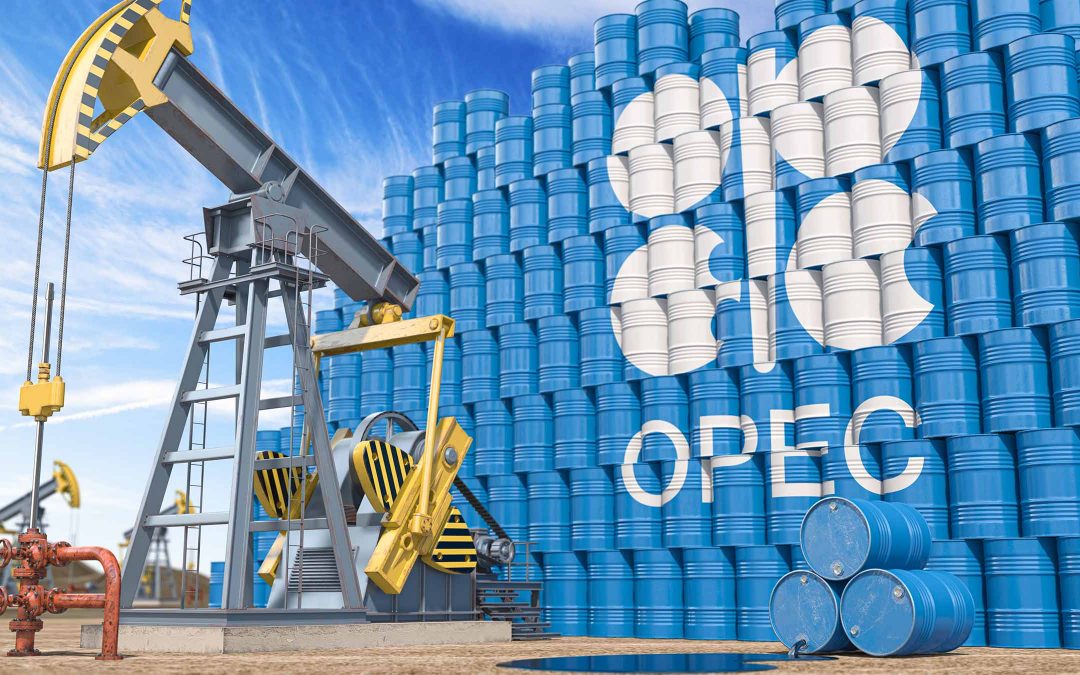Russian President Vladimir Putin June 24 faced down an attempted military insurrection by mercenary warlord Evgeny Prigozhin but the attempted coup has raised questions over the Kremlin’s grip on the OPEC+ producer and major crude exporter. After a tense day that saw Prigozhin’s Wagner mercenary force march towards Moscow after seizing control of Rostov-on-Don a deal was reached to de-escalate the dispute, which had threatened to tip Russia into a civil war. Prigozhin ordered his forces to return to their bases after talks with Belarusian President Alexander Lukashenko acting as an intermediary for Putin. Kremlin spokesperson Dmitry Peskov said that a criminal case against Prigozhin would be dropped, and he will now head to Belarus as part of the terms of the agreement, the Tass news agency reported. Earlier, Putin had accused Prigozhin of “treason” for the insurrection which comes as Russian forces suffer repeated setbacks in Ukraine and the economy struggles with sanctions and price caps on the sale of Russian oil. Russia is the largest exporter of oil and second-largest exporter of crude to world markets, according to the International Energy Agency. “The escalation of a domestic military conflict in the days ahead could increase demand for inventory, at least temporarily, in an otherwise complacent oil market,” said Paul Sheldon, chief geopolitical advisor for S&P Global Commodity Insights. Russia’s decision to invade Ukraine has led to major price volatility since troops crossed the border in February 2022. Platts assessed Dated Brent at a post-invasion high of $137.64/b on March 8, 2022, up from $100.49/b on Feb. 23, the day before Russia invaded. Platts is part of S&P Global Commodity Insights. Prices have since dropped, with dated Brent assessed at $73.115/b on June 23. Russia produced 9.45 million b/d of crude in May, according to the latest Platts survey of OPEC+ production. Analysts are now concerned the failed uprising by Prigozhin could herald a period of political turmoil within Russia with Putin’s position and those of his political allies in the Kremlin potentially damaged by the attempted coup. Alternatively, with Prigozhin faced down, Putin could emerge in a stronger position to continue his war in Ukraine. Paris-based international financial crime analyst and Russia expert George Voloshin said that the main risk is that Prigozhin’s actions will lead to a “palace coup”, or embolden some in the security apparatus to turn on Putin and his entourage. “In that case, sudden destabilization will most certainly lead to a jittery oil market with a likely spike to $90/b,” Voloshin said. Putin has closely aligned Russia to OPEC nations through the OPEC+ producer alliance. G7 sanctions and price caps on the sale of Russia crude and oil products have seen volumes of Urals shift from traditional European markets into Asia, giving the Kremlin an economic lifeline to continue its war in Ukraine, which has stalled since February 2022 when it launched an invasion.
Source : Hellenic Shipping News





